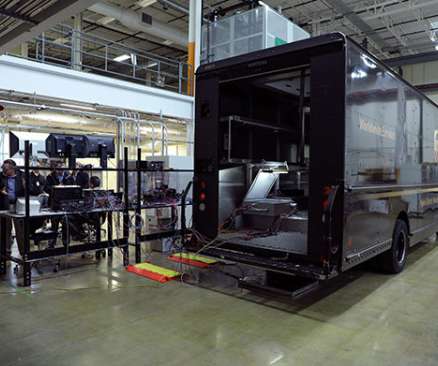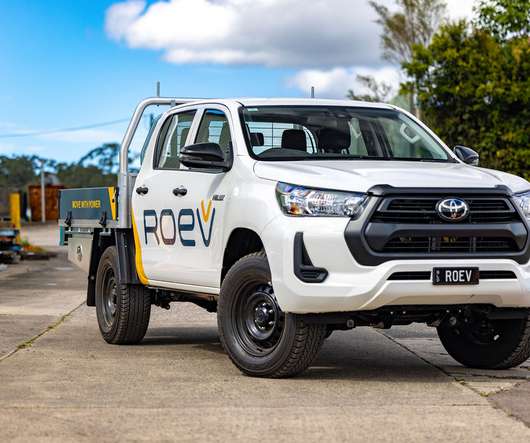Volkswagen commissions fast-charging park with 570 kWh of second-life MEB cell modules
Green Car Congress
JULY 15, 2022
At the Zwickau vehicle plant, Volkswagen commissioned the first fast-charging park in Saxony supplied with energy largely from a power storage container (PSC). The PSC is an electricity storage unit and consists of 96 cell modules with a net capacity of 570 kWh. 4 and have now been given a second purpose.













Let's personalize your content